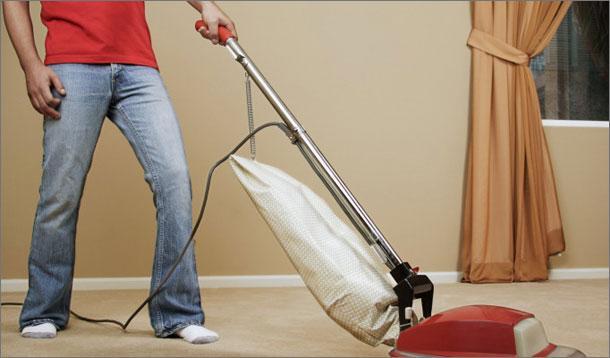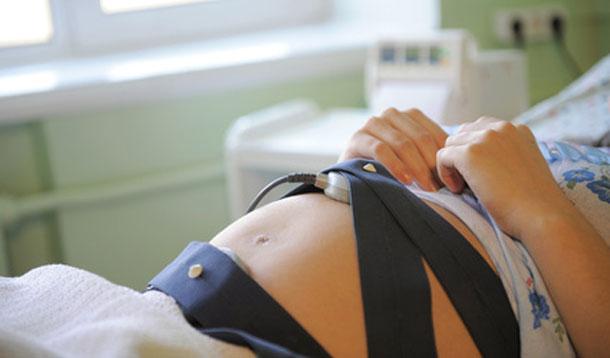
What does your man do for a living? You may be surprised to find that how he gets his bread and butter dictates how much—or how little—he does around the house.
An article in Science Daily reports that career choice in males directly impacts the division of household chores, namely men employed in traditionally female occupations—like teaching, childcare work, or nursing—tend to do get stuck into housework than those in 'heavily male' jobs.
Studying data from the Panel Study of Income Dynamics for the years 1981-2009, sociologist Elizabeth Aura McClintock at the University of Notre Dame also found the converse: women who worked in traditionally male occupations struck a more even division of household labour.
"Importantly, occupational sex composition is largely unrelated to housework for single men or women, suggesting that occupation influences housework through interactions and negotiations between romantic partners," says McClintock.
Geez, how depressing. Another incredibly good reason to get him to put down the vacuum. Sometimes feminism sucks.
Does this ring true in your home?

Good samaritans are making headlines this week, beginning with this guy who pulled over to assist a woman in a motorized wheelchair, calling it his "random act of Canadianness." But that kindness soon extended south of the border, where an Indiana woman who stumbled upon a pile of cash in a parking lot didn't hesitate before doing the right thing.
Not only was Shannon Baker nine months' pregnant at the time, but the 27-year-old and her husband were both out of work when she found $4,000 in a parking lot.
It would have been so easy for her to pocket the huge sum of cash, and she would have been within her rights to do so. Instead, Baker went to the police, who then contacted the local newspaper. According to an article in the Huffington Post, a woman in her 70s responded to the ad, providing a receipt for the cashed check.

A new week, a new study into possible causes of autism. The spectrum disorder has the medical community stumped, but it's now thought there is a correlation between mothers whose labours were induced and children who go on to be diagnosed with autism.
According to an article in the BBC, a study published in JAMA Pediatrics involving of 625,000 children showed a link between moms who were given drugs to induce childbirth.
Although scientists maintain that inducing labour is safe and often necessary procedure, further research is needed to establish the reasons for the link. It could be that factors related to the disorder contribute to the baby needing induction, or something in the drugs have an effect on the baby's development.
"We don't want mothers to say, 'Under no circumstances do I want to be induced because I don't want a kid with autism'. That would be plain wrong,” said Professor Simon Gregory of North Carolina's Duke University.
Although avoiding induction could prevent autism in two out of every 1,000 births, researchers warn that doing so may endanger the baby or mother, since induction procedures can be life-saving.
My son was induced at 14 days when I failed to go into labour naturally. My waters were manually broken, yet from there everything went smoothly. I didn't need to take a single drug before or during the delivery.
But perhaps my son's development in utero explains why he was late. Another interesting possibility in this complex puzzle. Some other factors in pregnancy have been linked to autism.